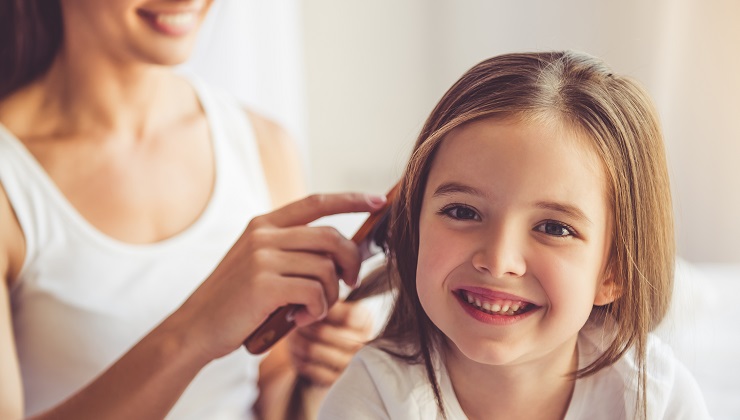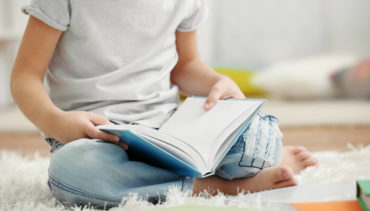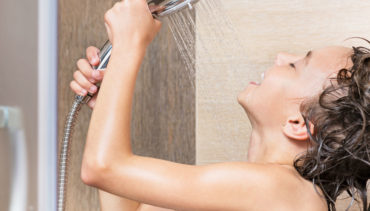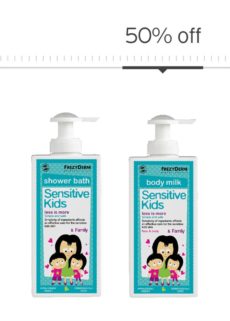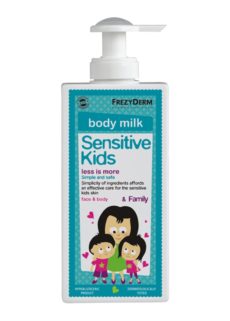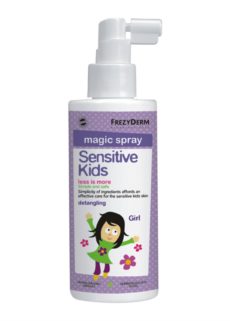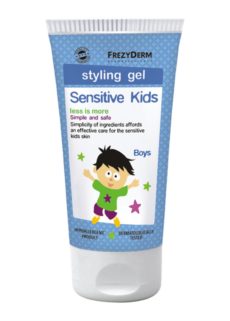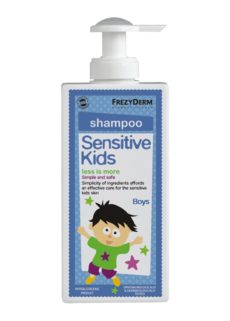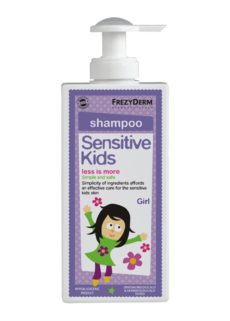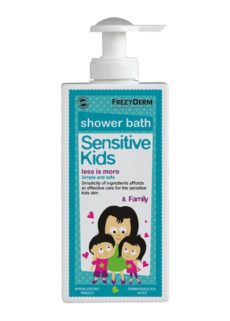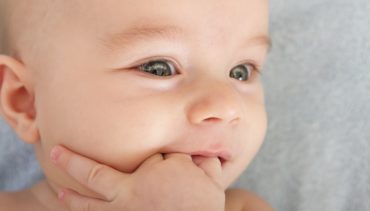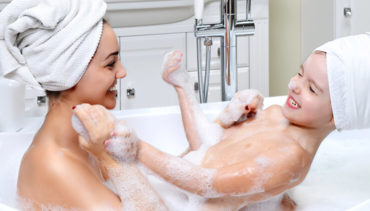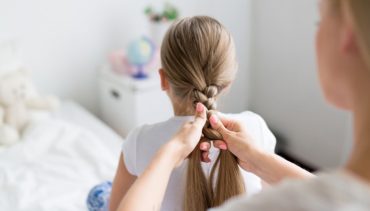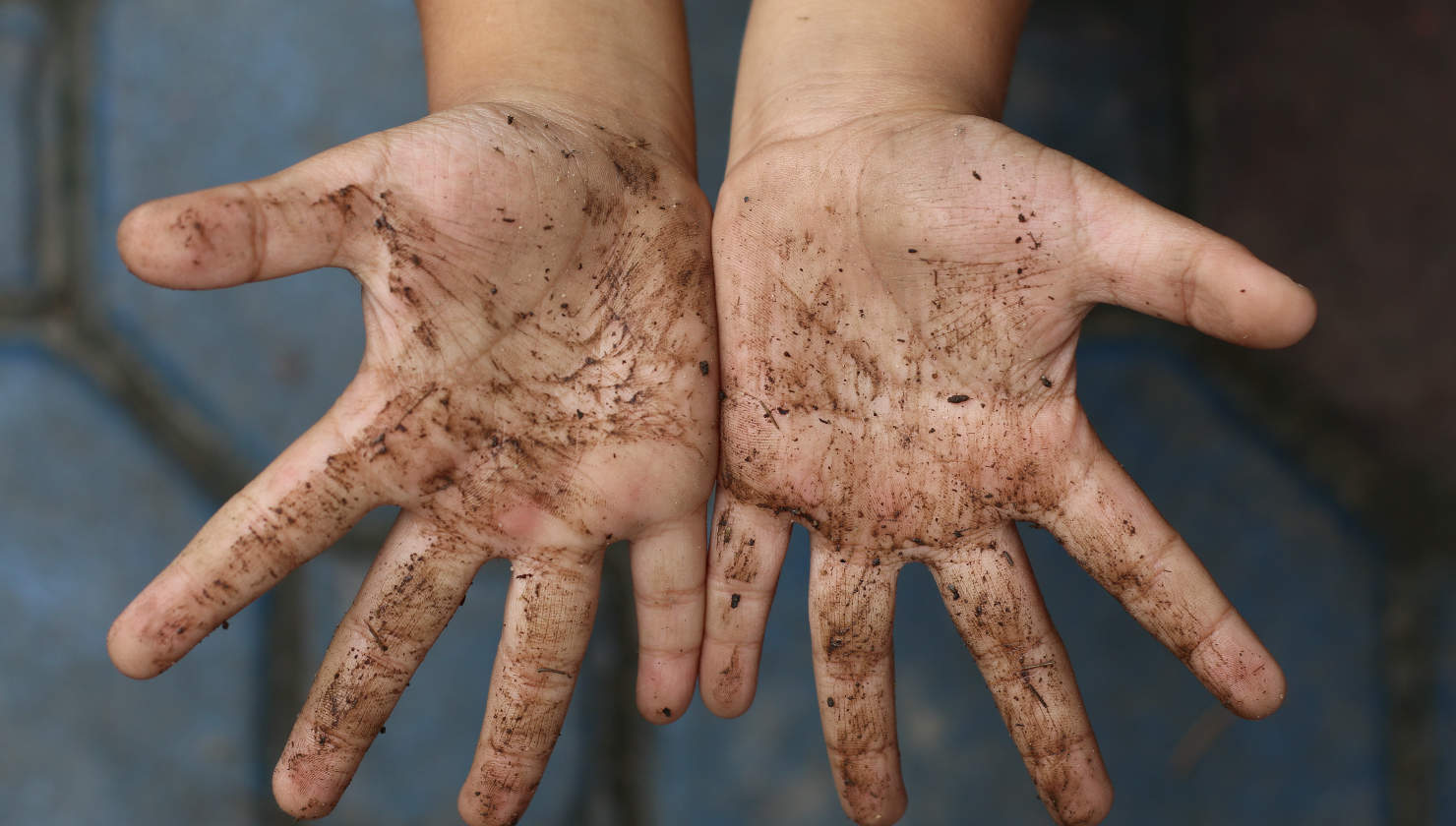
Personal Hygiene Tips for kids
Personal hygiene is a crucial step for the children’s upbringing. Educating the children to adopt certain habits will keep them clean, healthy and pleasant to be around.
The following are everyday steps that are straightforward and easy to embrace:
- Washing Hands
Your kids should wash their hands whenever:
- Before they eat or touch food
- After touching animals
- After touching raw meat, fish, etc.
- After touching any body fluids.
- After sneezing or blowing their nose.
- Their hands are obviously dirty
You can draw this bulleted list to pin on the fridge, and let children see it every time they enter the kitchen. This will ensure they’ll be eating with clear hands.
When washing their hands it should be for at least 20 seconds. Make sure they lather the back of their hands, between their fingers and underneath the nails.
Also, remind your child to not touch their nose, eyes and mouth if they haven’t thoroughly washed their hands.
- Bathing & Showering
Kids play a lot. Outside in parks or kindergartens, or inside the house, lying on the floor. They need daily showering to stay clean and fragrant. Using products for their body and hair that respect their delicate skin is ideal. Incorporate showering in their bedtime routine and make it too fun to skip!
Your kids should wash all of their body, including their armpits, knee pits, and more intimate areas.
- Clean clothes and underwear.
Children’s apparel shouldn’t be worn until it smells. Sometimes a little stain can occur on a freshly washed piece of clothing, just because your little angels weren’t very careful eating ice-cream.
Fresh underwear daily, is also mandatory for self-explanatory reasons.
- Sneeze into the elbow!
Sneezing into the elbow, instead of the palms, is one of the most hygienic and thoughtful skills your child can learn. This way, they won’t be spreading any germs, protecting both themselves and other people.
Research has shown that germ spreading through sneezing and coughing is rather alarming. All that rich -in-germs fluid, from their sneeze, will end up in their hands, and consequently on any surface they touch, including public transport handles. Germs can stay up to 7 days (!) alive.
- Dental Hygiene
Clean teeth are not only a matter of personal hygiene, but also of oral health. Adopting a good dental routine from early on, will ensure their smile to be both dental filling-free and confident. Each age has different needs so choose their toothpaste and mouthwash accordingly.



